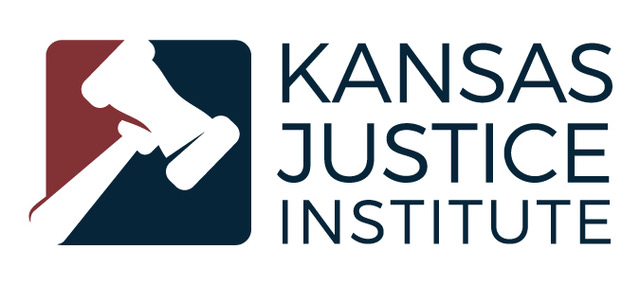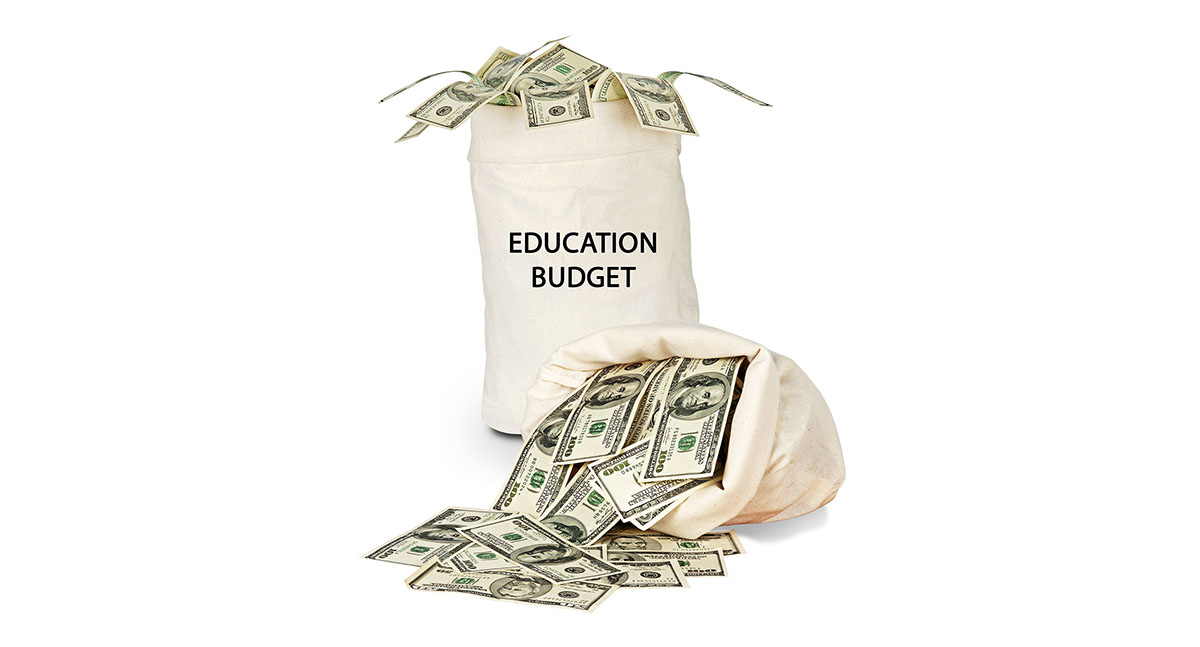With the state facing an approximately $1.5 billion budget deficit next year, legislators are looking at unpalatable options to fill it — raise taxes or cut spending — neither of which are popular with most lawmakers. That could make privatizing the Kansas Turnpike a more desirable option.
According to a study released by the non-profit Reason Foundation, leasing the Kansas Turnpike to a private company could net the state between $860 million and $1.4 billion.
According to Reason Foundation Director of Transportation Bob Poole, private companies running toll roads is a common practice in Europe and has worked well in the United States in the limited areas it’s been tried, such as the Indiana toll roads and the Chicago Skyway.
“They’ve worked out pretty well,” Poole said in a phone interview on August 24, 2020. “Generally, we have a much more businesslike approach with a professional company running the toll road.”
There are other advantages as well, Poole said.
“It’s somewhat insulated from politics, which can often lead to some problematic situations,” he said. “There are generally limits in the long term agreement on how often or how much the toll rates can be increased. And there are performance standards that are transparent.”
He said as an example when he was an advisor to the governor of Indiana on their toll road lease, there were performance metrics that included details such as how many minutes a dead animal could lay on the road before it had to be removed — or the leasing company would incur a penalty.
“That’s a kind of a trivial example,” he said. “But there are loads of other things about pavement roughness and other standards, that they can really hold the provider accountable for proper stewardship and upgrading of facilities and so forth.”
These leases are generally long-term — 50 years or more — and in the Indiana and Chicago cases, was paid in a lump-sum by the concession holder, providing a major windfall that was used in Indiana to pay down debt and in Chicago for major capital investment in other highways.
According to a release, the study identifies three major areas where lease-funds could be used:
- Funding major unfunded transportation needs, such as some of the many unfunded projects in the $7.8 billion Kansas Department of Transportation T-WORKS plan. (Kansas Governor Laura Kelly has presided over more than $1 billion in transfers from KDOT, although she is hardly alone in raiding the “Bank of KDOT” to fill budget holes.)
- Reducing state debt, with the aim of achieving a higher state bond rating, to permit financing at lower interest rates.
- Reducing the unfunded liabilities of state public employee pension funds. The $1.1 billion net lease proceeds would eliminate 12 percent of the state’s 2018 unfunded pension liability.
All of these would free-up other funds, which would ease the hole in the state budget.
“As an investor-financed business, a toll road company would likely speed up modernization efforts on the Kansas Turnpike,” Poole said in the release. “The state could also ensure there are significant penalties for failing to meet performance metrics and that the lease could be terminated if the company continually failed to measure up to expectations.”
Michael Austin, an economist and Director of the Center for Entrepreneurial Government at the Sentinel’s parent company, Kansas Policy Institute, says the Reason Institute study highlights a viable alternative to tax increases or federal bailouts of states.
“A public-private partnership for the state turnpike saves taxpayer dollars, follows proven precedent here and in Europe, and maintains Kansas as having some of the best roads in the nation. As state government struggles to cope with the COVID-19 depression, this fiscal maneuver is a must consideration for the Governor and lawmakers. “




